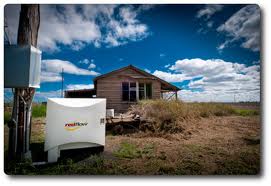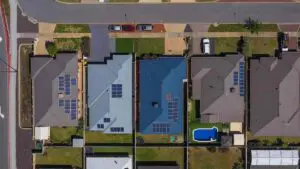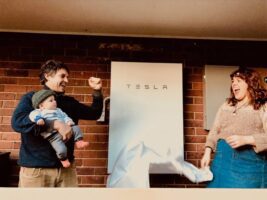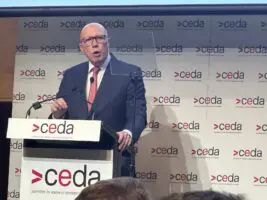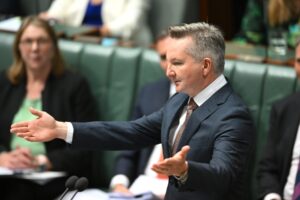Australian energy storage group Redflow is scaling back its operations in Australia after concluding that its sales forecasts for the next few years were too optimistic and that major clients would require more time to test its products.
In a major strategic review announced on Monday, Redflow also said its proposed manufacturing plant planned for Singapore with the international giant Jabil will be delayed, and it was also likely to seek a major strategic investor to help take its business forward.
The announcement came after a sharp fall in the company’s share price last Friday, which was prompted by selling from a New Zealand institution and forced the company to suspend its shares from trading. The stock fell another 10c, or 20 per cent, to 40c on Monday after the announcement and is now valued at around $30 million, less than a quarter of its peak late last year.
Redflow is developing a series of zinc-bromine battery storage products that can relieve pressure on grids, which in Australia and elsewhere are under increasing stress because of the increases in peak demand. Storage can also be used as a back up to renewables.
Recently appointed chairman Howard Stack told RenewEconomy in an interview it was now clear that the “early exuberance” that commercial orders would flow without significant trials were overly optimistic. The company would likely shave half of its Brisbane-based workforce of just over 100, and source more componentry from overseas as it continued to build demonstration products. The proposed factory in Singapore would be delayed until the order-flow began. Jabil, he said, were only interested in high-volume manufacturing.
As part of the restructuring, CEO Phil Hutchings is leaving the company (and the board) and will be replaced by CTO and company co-founder Chris Winter. Richard Aird continues as a director and chief operating officer, Alex Winter remains as chief engineer and Paul Clarke remains as CFO. The Winter brothers, both former engineers from the University of Queensland, founded the company in the backyard of their Queensland home in 2001.
Stack says the long term forecasts for the company and its technology are still good, and the US market opportunity was larger than expected. “There is a lot of interest in the US market, which is well in advance of Australia, because their grid is suffering more stress and they are more advanced in looking at energy storage.”
However, he said it was now clear that the demonstration phase would continue for up to 2 years, and he believed the company would need to consider bringing in a large strategic partner, a different approach to before. “I think there will be plenty of interest out there,” he said. Stack said this could guide the company’s approach to equity raisings, which will likely be required over the next 12 months.
The company said its loss for the current financial year would be at least double the $7.3 million reported in fiscal 2011. “Scaled back production in Brisbane will be sufficient for our continuing demonstration phase, and should diminish costly production errors which have been experienced to date,” the company said in a statement. “A bold redirection of resources must be taken towards highly effective outsourcing of production.” The company said larger demonstration projects would be required.
The company said that over the next 12 months in intended to deploy the first of its megawatt-class containerised battery system in support of a large solar PV array at the University of Queensland, would install a similar M-class demonstration project in US or Asia, and would commence testing of its generation 3 prototype.

